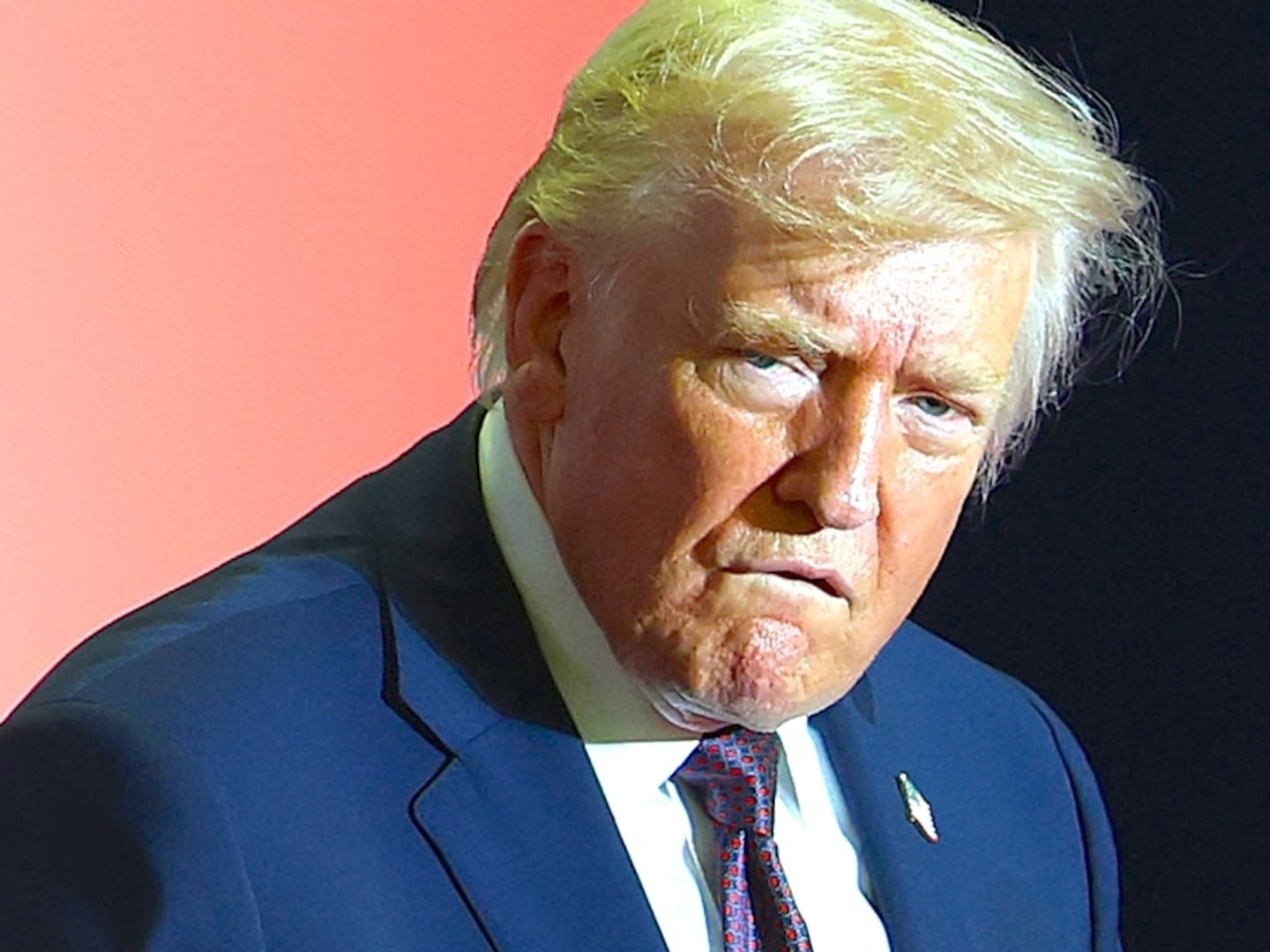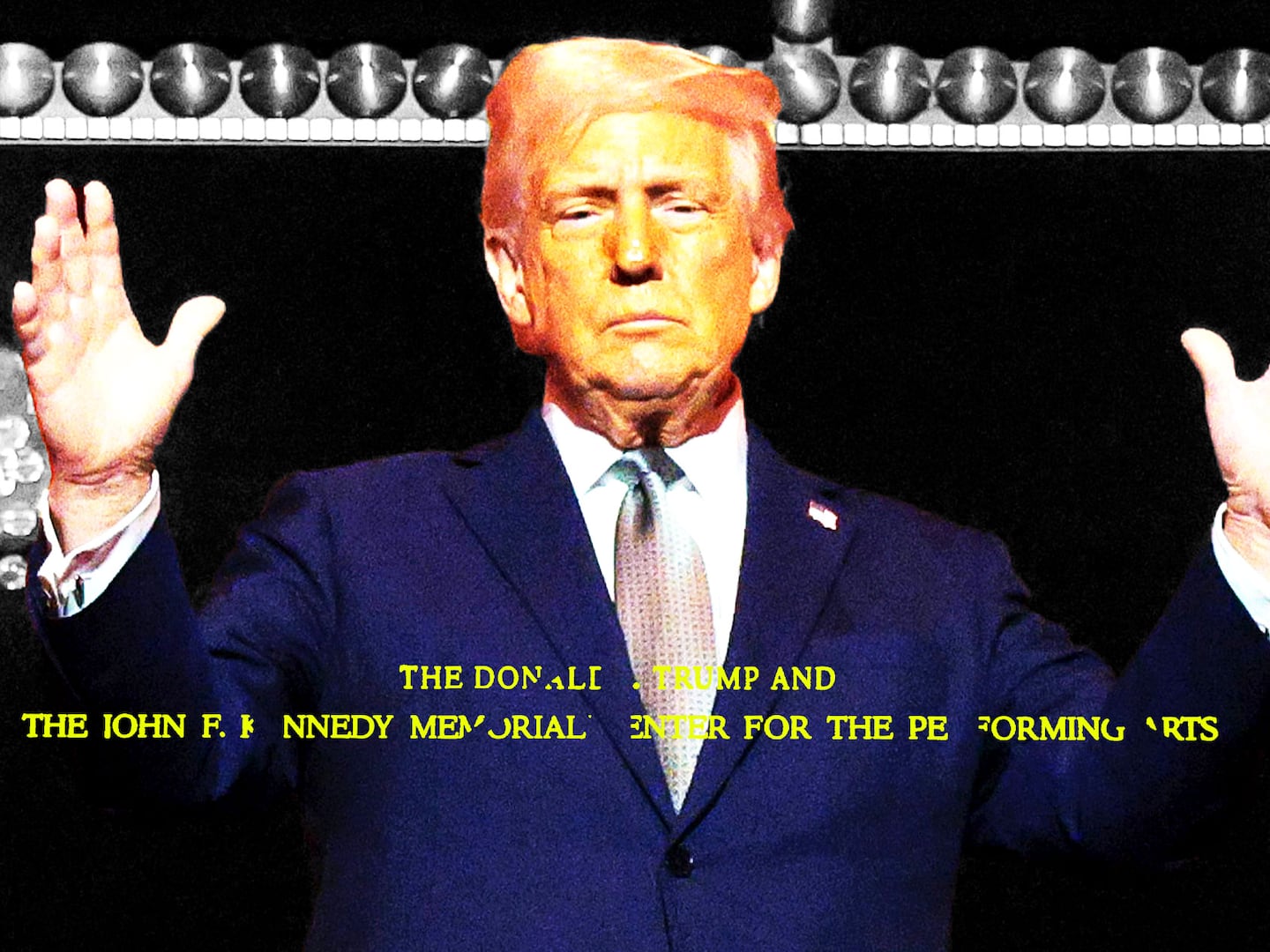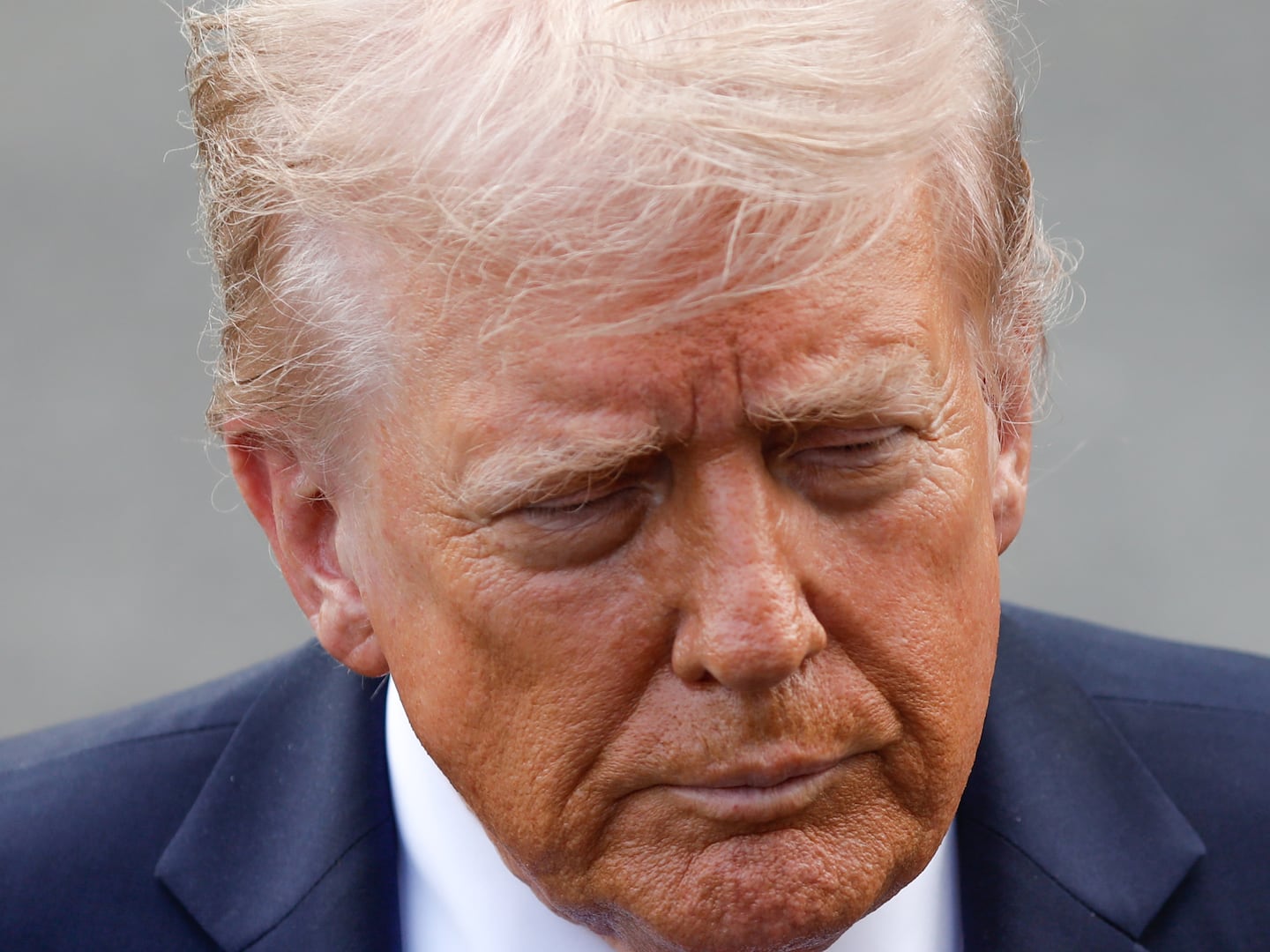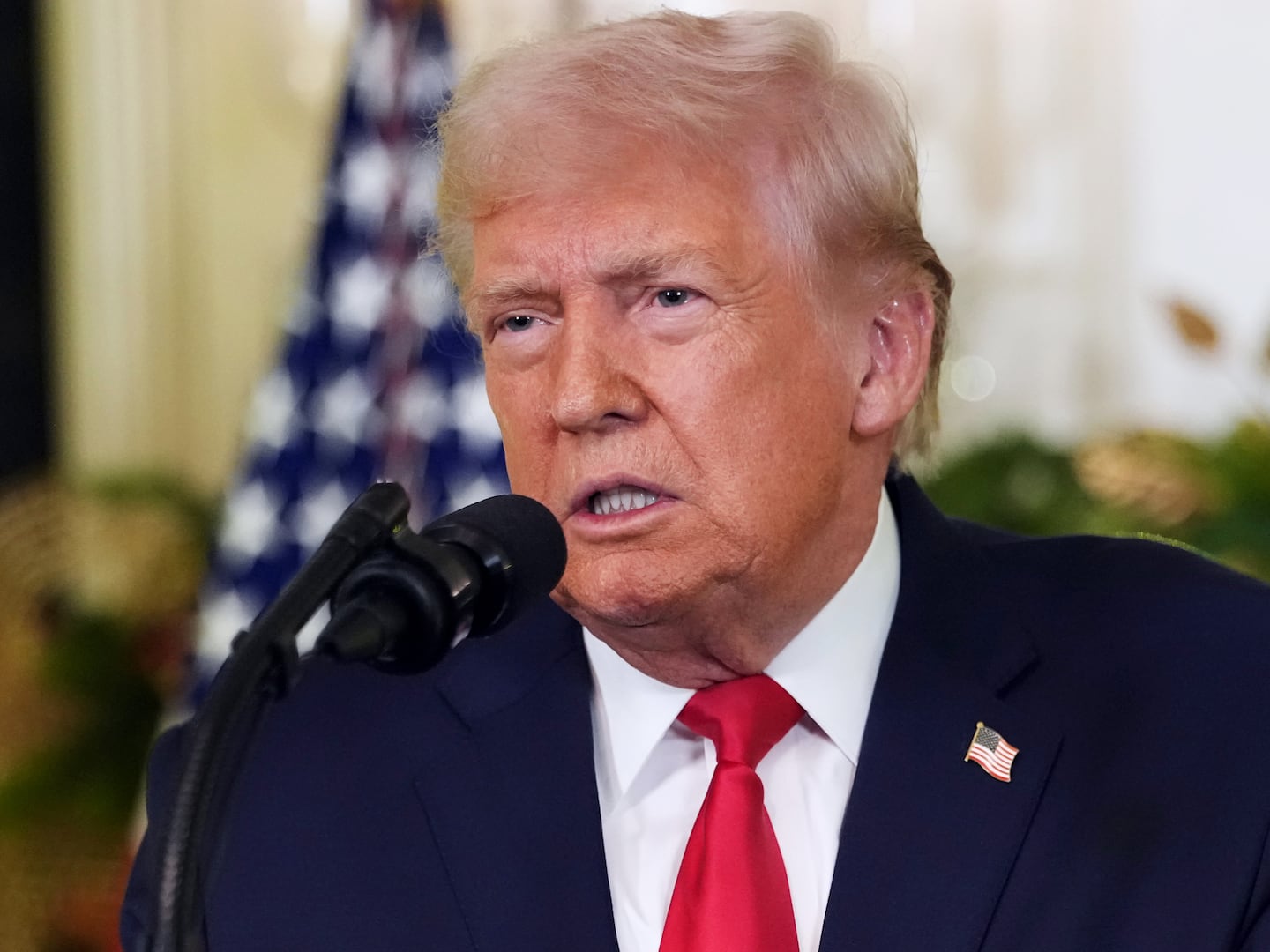Dror Moreh's “The Gatekeepers” fits into a long line of self-critical Israeli documentaries. Still, there's something quite different about it. Despite being co-produced by a host of European companies (and distributed in the U.S. by the "arthouse" arm of Sony), it seems aimed first and foremost at a domestic Israeli audience. It's one of the few recent politically minded documentaries that's not content to preach to the converted. Moreh didn't seek out interview subjects with whom he agrees. In interviewing six former heads of the Shin Bet, Israel's intelligence agency, he obviously undertook the project knowing that friction would result. Indeed, while he effaces his presence most of the time, his voice is occasionally heard when he questions one of his subjects after they say something particularly outrageous. Only after the film is over does Moreh's strategy become wholly clear.
After telling the history of the Shin Bet, which is also the history of Israel after its 1967 occupation of the West Bank and Gaza Strip, Moreh's film culminates in a plea for peace and negotiation with the Palestinians—and, implicitly, a two-state solution. This seems all the more powerful coming from a group of fairly conservative men. It seems especially so in the mouth of Avraham Shalom, who had said, in an earlier discussion about terrorism, "forget about morality." Shalom now urges Israel to talk even to Iran.
The audience for “The Gatekeepers” in America is likely to consist largely of liberal Jews who went into the movie theater feeling sympathetic to such arguments. They may feel hostile to men like Shalom at times, especially when he discusses his involvement in the murder of two suspected terrorists, who were tied up and under police custody at the time. But “The Gatekeepers” wasn’t made for them. If Moreh wanted to, he could easily talk to Palestinians and Israeli Jews making a liberal case for peace and a two-state solution. By letting conservatives make the case for peace, he's hoping to at least reach an audience rarely targeted by documentaries about the Israeli-Palestinian conflict. Much of “The Gatekeepers” also presumes a knowledge of Israeli history and politics more likely to be found at home than overseas.
“The Gatekeepers” makes an intriguing companion piece to Kathryn Bigelow’s “Zero Dark Thirty,” made around the same time. Both films raise thorny ethical issues around counterterrorism, especially torture and targeted assassination. Of course, one is a documentary (albeit filled with slick computer animation), the other a narrative film. The biggest difference is that “The Gatekeepers” never sets its audience adrift in moral and political quandaries. As the wide range of responses to the treatment of torture in “Zero Dark Thirty” shows, that film easily functions as a mirror of the viewer’s own politics. Apart from Moreh’s handful of interjections during interviews, “The Gatekeepers” refrains from editorializing, but Moreh’s editing choices make his politics clear. While some of his interview subjects sing the praises of targeted assassination, he focuses on cases in which it failed or killed innocent people.
Men like Shalom make statements about Israel that no one outside the country, Jewish or not, could get away with, such as comparing it to Germany during World War II. (He hastens to add that he means its behavior toward the countries it conquered, not its extermination of the Jews.) Moreh’s chronicle culminates in a downbeat assessment of the country’s chances of achieving the peace its subjects passionately call for. The film refrains from preaching; it speaks about the history of Israel in an open manner. Moreh is willing to listen to his subjects, even when he disagrees with them. Yet the very fact that six former heads of the Shin Bet would agree to appear in a film like this is, against all odds, a sign of hope. It would be easy to get doves to sit down for Moreh’s camera, but a great deal harder to work with men who disagree with the filmmaker on fundamental issues. If they can get together and agree about the necessity of peace, perhaps there’s more reason for optimism about the Israeli-Palestinian conflict than Netanyahu’s reluctance to pursue a peace plan with the Palestinians would lead one to think.





